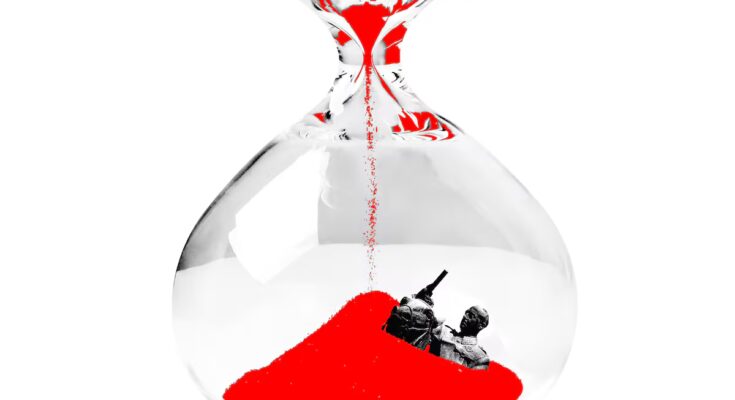Since the death of Francisco Franco on November 20, 1975, each anniversary of that date has been a day to reflect on the memory of the dictatorship and the state of democracy in Spain. In 1976, twelve months after the beginning of the end of that dark and vengeful period – already with Adolfo Suárez as President of the Government and after the approval in the Cortes of the Political Reform Law (weeks were missing for city approval) – the horizon of opening was glimpsed thanks to the promise of free elections. At the same time, the diagnosis of what that bloody regime had represented could only be implacable from a democratic perspective: “Francoism was not capable of solving any of the great historical problems posed in Spain”, we read in the editorial that EL PAÍS published on the occasion of the first anniversary.
In 1977, after the constituent elections, before the second 20-N, the La Moncloa Pacts had already been signed to deal with a critical economic situation and the constitutional committee continued to meet to prepare the draft of the Fundamental Law, the point on which Spanish society experienced the longest period of peace and prosperity in its modern history. Those great problems, perpetuated by the dictatorship, were resolved in a relatively short period, so much so that Spain finally became a normal European country.
Fifty years after the death of the dictator and in the midst of the rise of the far right, the historical revisionism activated at the beginning of this century has ended up legitimizing a false ideological narrative but which is making possible what until recently was unthinkable: 17% of young people, according to a CIS survey, believe that the democracy that protects their rights is worse than the dictatorship they did not suffer. A dictatorship which, it is worth remembering, condemned tens of thousands of Spaniards to the mass grave, prison or exile and signed death sentences until the last moment, which banned political parties, persecuted linguistic or sexual diversity and considered women inferior beings, with fewer rights than men and in need of male protection.
As hate speech spreads from cell phone to cell phone, fascist chants and slogans are normalized in public spaces as forms of transgression that have ceased to be taboo and are even a trend. Faced with this bifurcation of memory on Franco’s barbarity, the current government has had the opportunity to promote cultural and educational policies aimed at channeling a worrying drift for every democrat. The celebration of “50 years of Spain in Freedom”, despite good intentions, does not achieve its objectives. Therefore, a task remains pending in which the People’s Party must also engage, and it would be wrong to seek electoral advantages in an involutionist trend that calls into question not the already existing Executive but the rule of law itself.
In our time of cultural war, which has one of its most combative fronts in history, the recently published memoirs of Juan Carlos I were a mistake, an immense mistake. No one disputes the leading role that the King Emeritus had as head of state in linking the restoration of the monarchy with the democratization of Spain. It is even probable that assuming the role of “conductor” of the change process is an exaggeration, but not false. However, the forgetful history he builds on his actions at that key moment reinforces revisionist approaches and obscures the vital role that anti-Francoism played in the ways of accelerating institutional reform. A transformation that made it possible to begin solving those problems that seemed to condemn Spain to being eternally different.
It is true that Francoism has not disappeared from the institutions and that it created an elite that parasitized the State and that for years has continued to occupy fundamental spaces of power. But it is equally true that, by neutralizing the extremes, despite the violence and thanks to good politics, the space for coexistence has expanded so that reconciliation has stopped being a utopia and has become a reality. In contrast to the dark past, it is that legacy that challenges us every November 20th.



